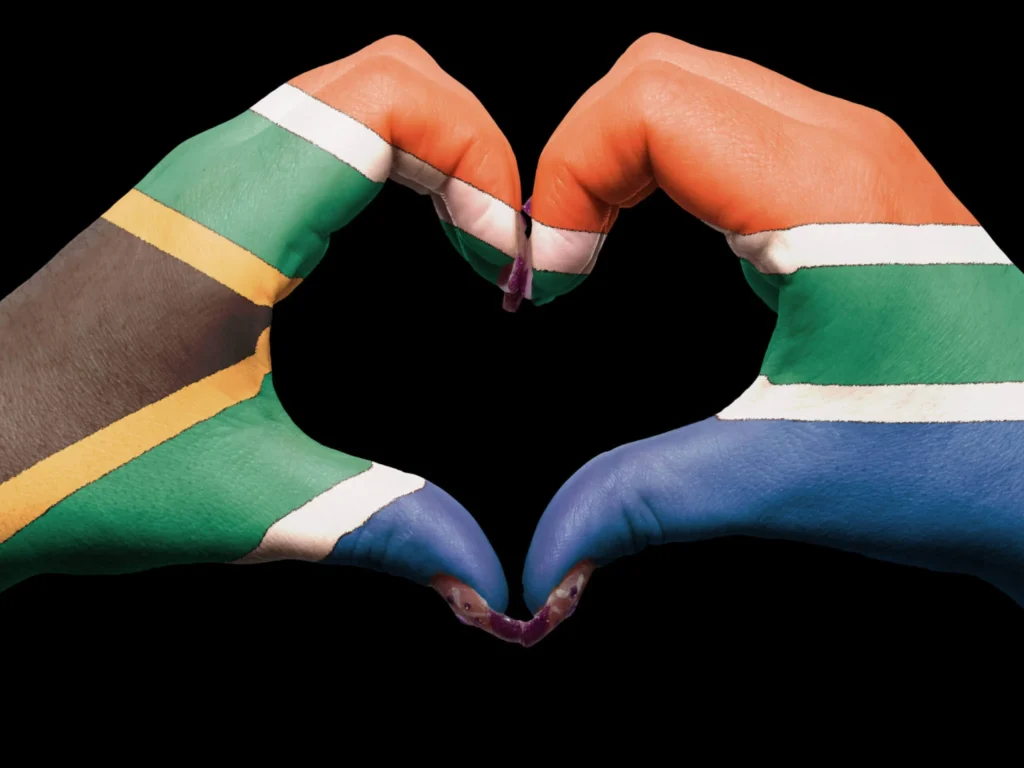ON December 16, South Africa celebrated Reconciliation Day, a public holiday. Like many other public holidays, it is defined by a persistent, utter meaninglessness that applies to just about every other historical public holiday.
This year it has been particularly peculiar because 15 December was declared a public holiday in recognition of the Springboks winning their second Rugby World Cup in a row, and the fourth overall. As expected, nothing of any meaning was done or said to mark the day.
It was just a day off ahead of the upcoming holiday season. Of course, I accept that I may be mistaken and that millions of South Africans spent at least a few moments reflecting on the meaning of the day, but I doubt it. Like Human Rights Day and Youth Day, both days of massive historical significance, their meaninglessness is often punctuated by tepid political speeches that have little or no meaning.
Depending on which side of the divide you were on, 16 December was either Day of the Vow (Dingaan’s Day if you were an Afrikaner nationalist) or MK Day as the ANC’s military wing was founded on this day. In a quest to bridge the divide, this day was kept and renamed Reconciliation Day.
The late Chief Mangosuthu Buthelezi as Home Affairs minister at the time, had the honour of shepherding the process of choosing public holidays through Parliament. Virtually no one talks reconciliation any more, nor is it still relevant.
The bigger project was supposed to be “nation building”, but even that has lost its allure. It is now more politically profitable to advance divisive politics to please an electorate increasingly desperate with its condition.
No racial group is happy, with nationalist and narrow identity politics taking centre stage. Even outside racial laagers, political discourse is on the prowl for “others” on whom to pin South Africa’s social, economic and governance ills. For example, immigration is a hot political topic due to South Africa’s broken immigration management system.
So, it is more expedient to blame foreign nationals for every problem we experience regardless of why or how they came to be here. Some months ago I attended an international conference at the University of Stellenbosch.
There I bumped into a Nigerian writer I have followed for years, and we took and posted a picture on Twit[1]ter. To many who commented, I had lost my legitimacy for even sharing a space with a non-South African who was visiting for a few days.
Xenophobia And so like narrow nationalism, xenophobic sentiment stalks the land, stoked by politicians who care less about solving the problem and more about getting votes. Their solution is implied, and that is to rough up anyone who is believed to be a foreign national, or anyone who employs them, whatever the circumstances.
Yet, I grew up being taught by teachers from Ghana who intermarried with locals, and produced children who are as South African as one can be. Those children intermarried further, but the great-grandchildren use their paternal surname.
Sometimes these South Africans are subjected to terrible comments that urge them to “go back home”. These are South Africans who, like the rest of us, are supposed to be part of the welding needed to birth a nation with a real identity, and to whom “Youth Day” is supposed to mean something.
The reality is that whether someone was born here like me, or became a citizen later, there is nothing in the way that we mark our historical days that provokes any sense of remembrance, pride or purpose. This is no accident.
We have over the past 30 years come to accept that the ability and credibility to minister to society is not a requirement for leadership. Everything comes down to “policy” or “solutions”. These are important, but policies and laws are supposed to reflect a nation’s overall mission.
Yet, were it to be suggested that all historical public holidays must be done away with so that we have more economically productive days, there would be an outcry. Justifiably, there would be accusations of attempting to erase history.
That suggests that at a deeper level, South Africans yearn for meaning in our political and public life, but there is none. So we all amble along meaninglessly, giving individual meaning to the sense of national drift we know is now part of our DNA.
This is one of the reasons we at RISE Mzansi believe that we should review our public holidays and seriously consider renaming them. Human Rights Day should really be Sharpeville Day to re[1]mind us and future generations of the things that must never happen again.
The same is true of Youth Day, which should be another deeply solemn occasion that annually compels us to interrogate the state of South Africa’s youth and all the ways we continue to systematically brutalise them. —DM
